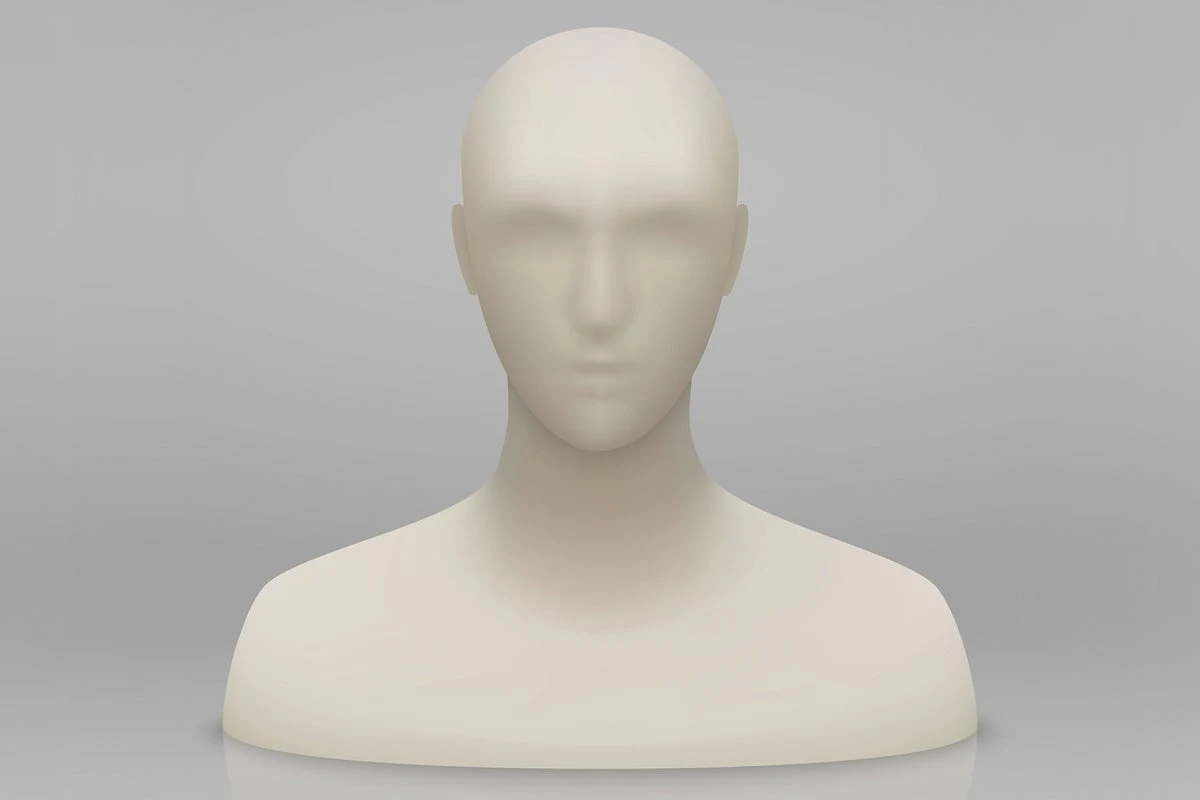"How new fiction could help us improve AI."
Views expressed in this science and technology update are those of the reporters and correspondents. Accessed on 22 May 2024, 0252 UTC.
Content and Source: https://mail.google.com/mail/u/0/#inbox/FMfcgzGxTPCjZqKLGnKlBWppWMrQXVKm/Scientific American | Technology.
Please scroll down to read your selections. Thanks for joining us today.
Russ Roberts (https://hawaiisciencejournal.blogspot.com).
May 21—This week, paint that can scrub pollutants from the air, teeny microphones inspired by spiderwebs, and a push to create science fiction that depicts helpful, non-threatening artificial intelligence. All that and more below!
--Ben Guarino, Associate Editor, Technology
How New Science Fiction Could Help Us Improve AIWe need to tell a new story about AI, and fiction has that power, humanities scholars say
AI Is Getting Creepier, and Risky Cheese Is Getting Trendier A rare geomagnetic storm lit up skies, eerie AI demonstrations and a cautionary word about raw milk.
AI Tool Predicts Whether Online Health Misinformation Will Cause Real-World HarmA new AI-based analytical technique reveals that specific language phrasing in Reddit misinformation posts foretold people rejecting COVID vaccinations
Spiderweb Thread Inspires Ultrasmall MicrophonesSound recording could take a cue from arachnid acoustics
The Missing Human in Misinformation FixesMisinformation solutions target a rational, ethical ideal who doesn’t exist; to combat misinfo, we need to start with a richer concept of the human
This Paint Could Clean Both Itself and the AirRecycled materials contribute to a potential pollutant-neutralizing paint
A Brand-New Spacecraft Will Visit the International Space Station SoonSierra Space’s Dream Chaser is set to make its inaugural trip to orbit to deliver supplies to the International Space Station
There Is Too Much Trash in SpaceDebris from spacecraft threatens the burgeoning space economy. We need a global agreement to keep space clean
|
|
|
|
|
|
|
|
|









Comments
Post a Comment
Welcome to "Hawaii Science Journal". Here you'll find the latest stories from science, technology, medicine, and the environment.